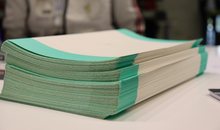
 Flash News
Flash News
Gunfire at the Lake Dam in Tirana
Accident in Kukës-Krumë, three injured after two cars collide
The continuation of the constitutive session of the Kosovo Assembly is postponed until tomorrow
They risked their lives on an expedition without a guide, 7 Spanish tourists are rescued in Peshtura
Knife fight in Kurbin!, three people injure a 30-year-old man
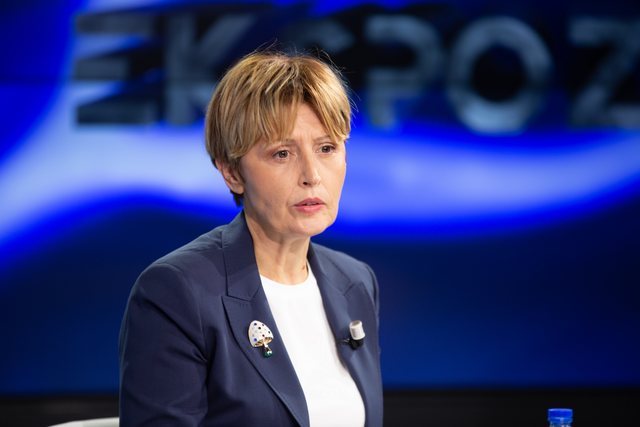
By Irena Beqiraj
In February of this year, in the student city, the Minister of Education stated that: “These accommodation spaces with contemporary European standards make it even easier to attract foreign students and also those who carry out mobility or have student exchange programs with Albania. She also added that: “our ambition is for Albania to be a center of excellence for higher education, as well as to have as many students from other countries, foreign students, as possible.”
Meanwhile, in March of this year, from the Emin Duraku school, the minister said: "450 schools have been rebuilt, rehabilitated and reconstructed throughout the country. In Tirana alone, there are 48 new schools that today serve more than 38 thousand students in Tirana. This year alone, we will make it possible for 40 other schools to be rehabilitated or reconstructed from Shkodra, Kukës, Dibra to the south of the country, in Saranda, Gjirokastër."
These are just two examples, but for anyone who follows the public appearances of the minister or the Prime Minister, it is obvious that when it comes to education, the government talks mainly about buildings and food, as if education were a daily accommodation service for pupils and students. Education is not just infrastructural improvement, which the socialists mistakenly equate with transformation, where they have shown that they do not skimp.
Today we live in the era of the fourth digital revolution, so the currency of the economy of every nation is knowledge. It cannot be printed by any central bank, and worse still, it cannot be inherited. It depreciates when human capital loses its skills and becomes worthless.
"We can be very proud of the fact that we don't have schools like in Europe, but we have schools like the best schools in Europe," says the Prime Minister, but the indicators that measure the knowledge that our children receive inside those buildings show that there is nothing to be proud of, on the contrary.
The children who took the PISA test in 2022 entered pre-university education precisely in 2013 when the Socialist Party took power.
The PISA 2022 test, or as it is otherwise called, the best long-term predictor of a country's economic and social prosperity for the coming decades, showed that Albania had the largest deterioration globally. A benchmark that determines whether this deterioration is "major" or not is the "20-point" standard. Based on it, 20 points represent the average knowledge gain of 15-year-olds in one school year.
In other words, a 69-point drop in math is equivalent to a lack of knowledge equivalent to 3.5 years of schooling. A 47-point drop in reading is equivalent to a lack of knowledge equivalent to 2.5 years of schooling, and a 41-point drop in reading is equivalent to a lack of knowledge equivalent to 2 years of schooling, or as the World Bank puts it, “In Albania, education has not translated into knowledge.”
Meanwhile, inequalities in access to education and the resulting learning outcomes continue to be high within the country. Students in the lowest-income group lag behind their peers in the highest-income group by nearly 66 points (PISA), equivalent to almost 3 years of schooling. Meanwhile, students in rural areas perform worse than their urban peers by nearly 33 points (PISA), equivalent to almost 1.5 years of schooling.
In 2023, the creative thinking skills of 15-year-olds were measured globally for the first time. The results showed that 15-year-olds fully educated during the period of “socialist transformation” were once again ranked last globally.
In fact, these results have nothing to do with the pandemic or the earthquake, as you have heard and will often hear during the campaign and television debates. This has to do with the government's focus on education, and this focus is imposed by the economic model that the government wants to develop.
In economic models like ours that are based on the indiscriminate exploitation of natural and geographical resources, where the principles of competition and equal opportunities have been violated, where meritocracy has declined, where sectors that do not require sophisticated knowledge are promoted, the need for individual skills and knowledge decreases. The results of this economic model are also known in the literature, they are the overvaluation of the local currency, the devaluation of knowledge and the decrease in productivity, which are what we are experiencing in Albania.
It is easier to build schools with taxpayers' or donors' money, but it is much more difficult to design and implement good educational policies, especially when the economic development model chosen and promoted by the team she is part of does not impose this. Therefore, unable to act differently in public appearances, the Minister of Education, more than responsible for educational policies, resembles a chief engineer at a construction site.
So the question is simple: will we continue to be content with a construction ministry or will we start pushing for another development model, including a real education ministry?
Latest news


Rama will avoid taking stock at all costs, Berisha has a substantive campaign
2025-04-16 22:35:34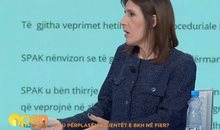

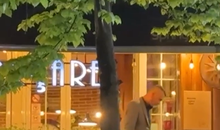
A cartridge at the scene and one injured, details of the shooting in Tirana
2025-04-16 21:34:33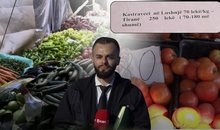
Prices from Lushnja to Tirana, the trader earns more than the producer
2025-04-16 21:31:15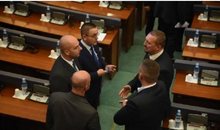


Berisha: Beketi refused to become Rama's slave, you pay 110 million euros now
2025-04-16 20:51:58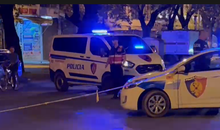
Gunfire at the Lake Dam in Tirana
2025-04-16 20:37:22

Accident in Kukës-Krumë, three injured after two cars collide
2025-04-16 20:25:23
Turkey hosts Black Sea security talks
2025-04-16 20:08:45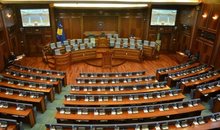
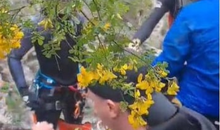
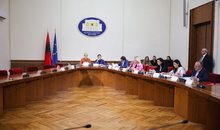

Mercury enters Aries on April 16: How it affects each zodiac sign
2025-04-16 19:13:37



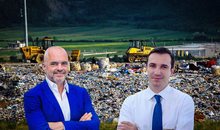
BIRN: Tirana's "ghost" incinerator affair deflates in court like a soap bubble
2025-04-16 18:24:13

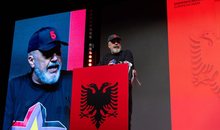
“450 new schools?” - When the electoral calculations don't add up
2025-04-16 17:17:44

Poll/ Which party do you plan to vote for on May 11?
2025-04-16 16:53:24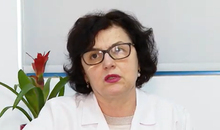
Doctors sound the alarm: Heart disease is increasingly affecting young people
2025-04-16 16:50:04
Serious in Germany/ Doctor accused of murdering 15 patients
2025-04-16 16:30:27
Knife fight in Kurbin!, three people injure a 30-year-old man
2025-04-16 16:25:36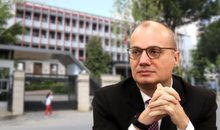
Car hits Foreign Ministry official on white lines
2025-04-16 16:10:01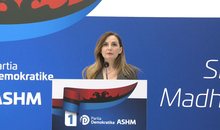
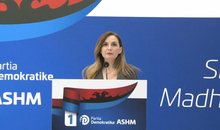

Organized gambling in a bar via mobile phone, 29-year-old arrested in Tirana
2025-04-16 15:36:30
Rama continues attacks on LaCivita
2025-04-16 15:26:41
How Vis Martinaj's 'soldier' and two others tried to eliminate Durim Bami
2025-04-16 15:14:18

Berisha: McGonigal's shadow will follow Edi Rama until the last day of his life
2025-04-16 14:59:55
Eurostat: Inflation in March 2.5% due to higher food prices
2025-04-16 14:50:34
LaCivita: Developments in Albania are being closely followed by the US as well
2025-04-16 14:39:07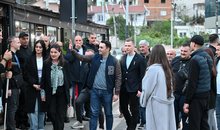

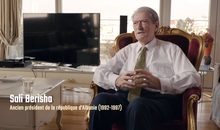
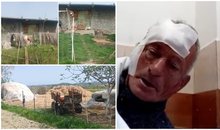
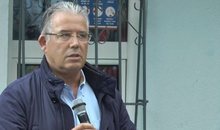
Second file, GJKKO passes on to trial Jorgo Goron
2025-04-16 13:49:04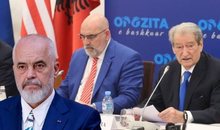
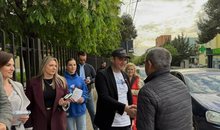
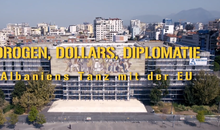
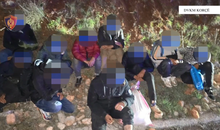

Kosovo is included in the list of countries
2025-04-16 13:12:24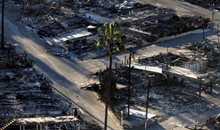
Can a change in mentality save the world?
2025-04-16 13:01:48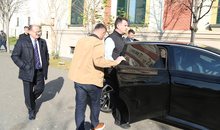
Requested revocation of security measure, hearing at GJKKO for Veliaj postponed
2025-04-16 12:52:19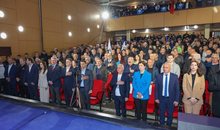
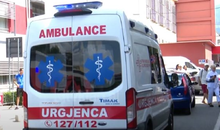
Car hits Foreign Ministry employee, he is taken to Trauma in serious condition
2025-04-16 12:31:31
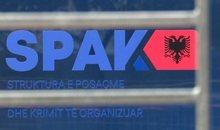

Berisha meets with tourism associations: This sector is swimming in informality!
2025-04-16 11:59:11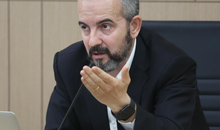
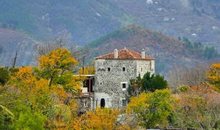
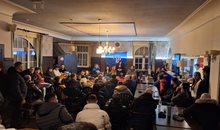
Topalli publishes diaspora message: 3 votes from Germany against the regime
2025-04-16 11:22:13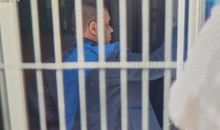
The director of the Elbasan Waterworks, Luan Tabaku, appears before SPAK
2025-04-16 11:11:21
William Levy arrested, here's what he's accused of
2025-04-16 11:04:15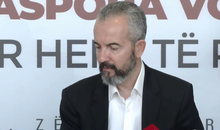

Paloka: Rama is using the state to manipulate the elections
2025-04-16 10:45:09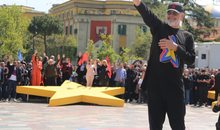
The electoral machinery: SP directors versus former directors or ordinary people
2025-04-16 10:32:26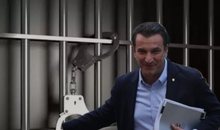
Veliaj seeks freedom, hearing at the Special Court takes place today
2025-04-16 10:21:06
How much was LaCivita paid? Mediu: Expenditures are transparent at the CEC
2025-04-16 10:10:19
BKH agents raped, Agron Kapllanaj's two nephews handcuffed (NAMES)
2025-04-16 10:02:49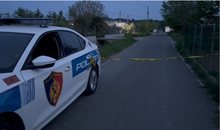
Gunshot wound in Lushnje
2025-04-16 09:45:14
People who have low emotional intelligence often use four expressions
2025-04-16 09:35:58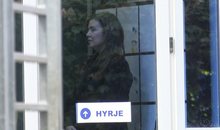
The wife of Veliaj's friend appears at SPAK
2025-04-16 09:23:28


Foreign exchange, April 16, 2025
2025-04-16 08:52:11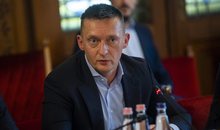
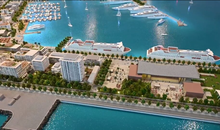

Horoscope, what do the stars have in store for you?
2025-04-16 08:19:42
Temperatures are rising again, here's the weather forecast for today
2025-04-16 08:06:31
Morning Post/ In 2 lines: What mattered yesterday in Albania
2025-04-16 07:53:11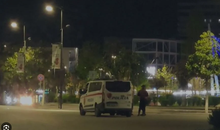



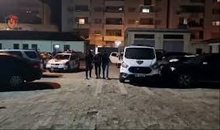
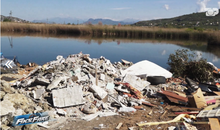


After slapping Gjesti, Jozi "disappears"
2025-04-15 20:45:42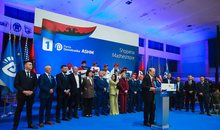
Berisha: Rama will not dare to take the water of the villages of the Vlora River
2025-04-15 20:31:58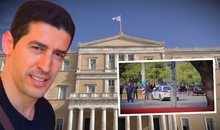

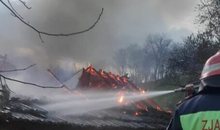
A house in Kolonjë is engulfed in flames
2025-04-15 20:06:00

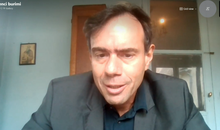

The cry "Rama, go away" interrupts the Prime Minister's speech in Kamëz
2025-04-15 19:20:19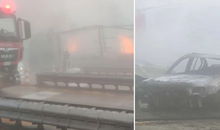
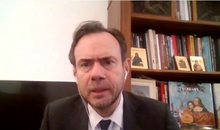
Source: The decision to accelerate negotiations made Rama more aggressive
2025-04-15 19:01:11
Berisha is welcomed with enthusiasm and blue flags in Fier
2025-04-15 18:54:22
